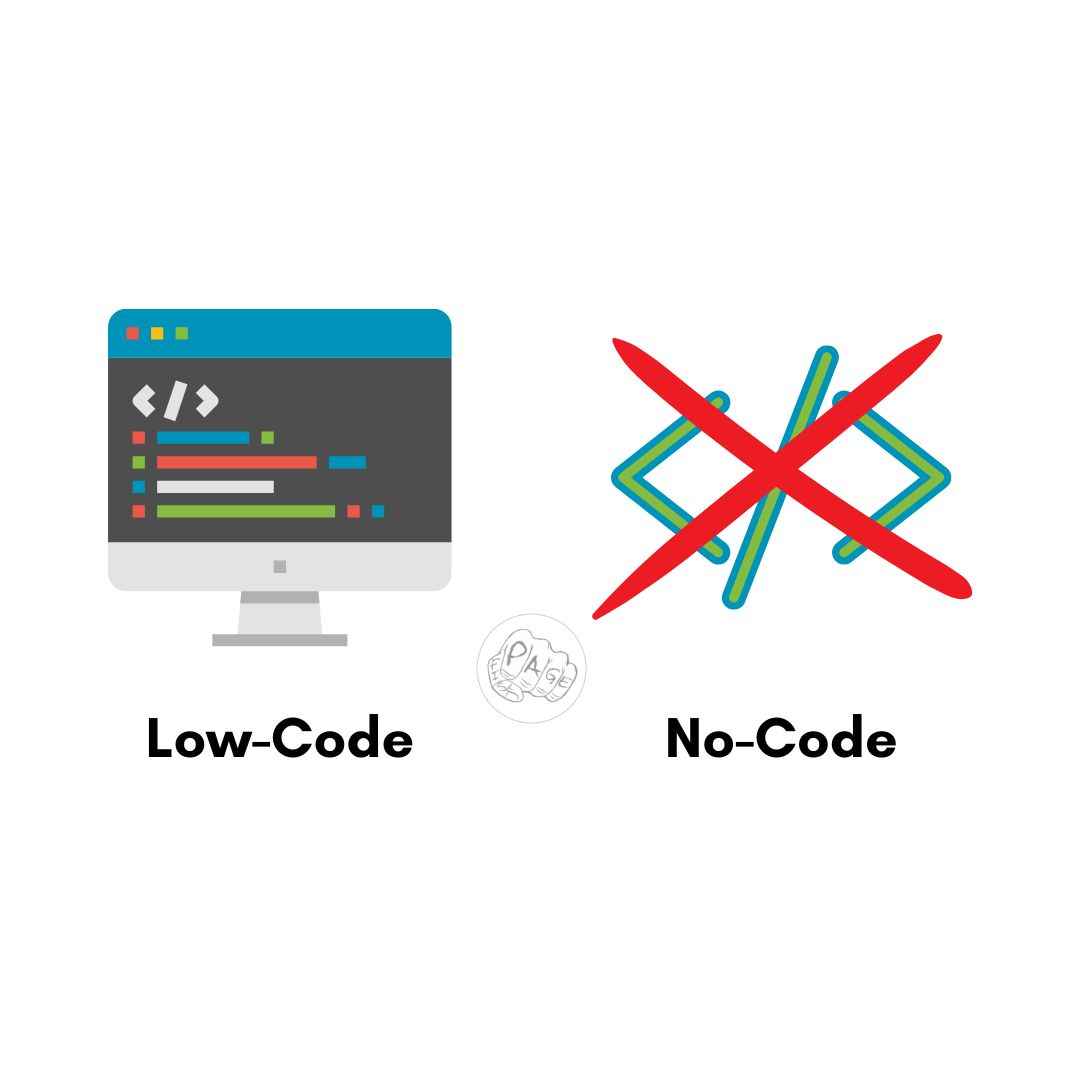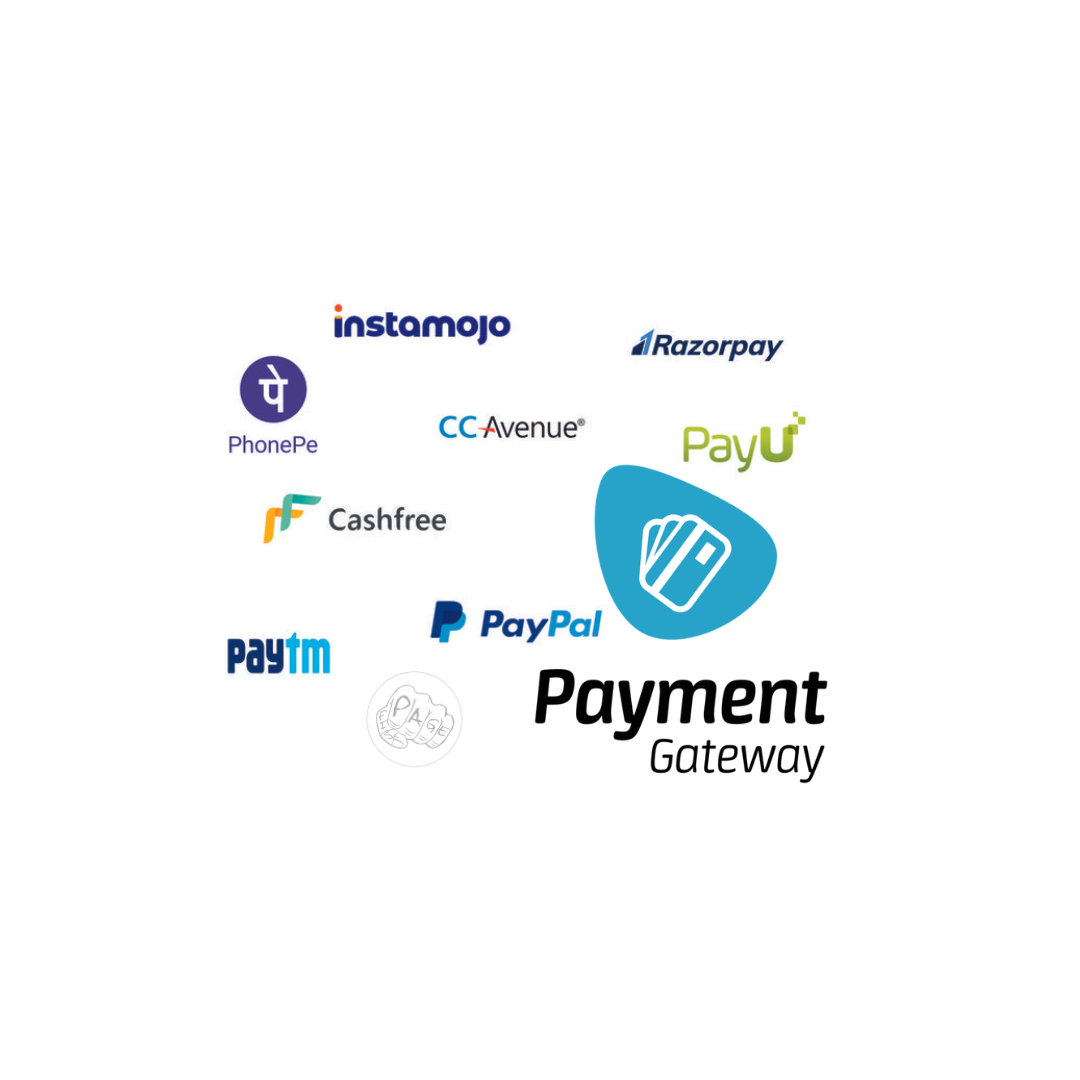E-Commerce Website Development: Turning Clicks into Cash
Discover the art of turning virtual clicks into real cash with effective e-commerce website development. Learn strategies to boost your online sales and revenue!
Introduction
Welcome to the digital age, where the world is at your fingertips! With the explosive growth of online shopping, e-commerce has become a booming industry, and it's showing no signs of slowing down. In this digital era, an effective online presence is vital for businesses to thrive. This is where "E-commerce Website Development: Turning Clicks into Cash" comes into play.
Are you a business owner looking to harness the power of the Internet to boost your sales and revenue? Or are you a curious soul eager to explore the art and science behind turning virtual clicks into cold, hard cash? In either case, you've come to the right place! In this article, we'll dive deep into the world of e-commerce website development, uncovering the strategies, tips, and tricks that can help you transform your website into a money-making machine!
The E-commerce Explosion
Ecommerce Website Development: Turning Clicks into Cash
In recent years, e-commerce has witnessed an explosion in popularity. People from all walks of life, whether tech-savvy or not, have embraced online shopping with open arms. The convenience, variety, and often competitive prices of online stores have lured customers away from traditional brick-and-mortar establishments.
But here's the catch: With the rapid growth of the e-commerce industry, competition is fierce. There's a digital storefront on every corner of the internet, and consumers have more options than ever before. So, how do you stand out in this crowded online marketplace? The answer lies in creating an exceptional e-commerce website.
Building Your Ecommerce Empire
Choosing the Right Platform
When embarking on the journey of e-commerce website development, the first crucial decision you'll make is choosing the right platform. There are several options available, each with its own set of features and benefits. Consider the following popular choices:
-
Shopify: Known for its user-friendliness, Shopify is an excellent choice for beginners. It offers a range of customizable templates and a seamless checkout process.
-
WooCommerce: If you're running a WordPress website, WooCommerce integrates seamlessly. It's highly customizable and comes with a wide array of plugins.
-
Magento: Ideal for larger businesses, Magento provides robust features and scalability. However, it may require a more significant upfront investment.
-
BigCommerce: This platform is known for its flexibility and scalability. It offers a range of built-in features and is suitable for businesses of all sizes.
-
Custom Development: For ultimate flexibility and a tailored solution, custom e-commerce website development is the way to go. It allows you to build a site from the ground up to meet your specific needs.
Crafting an Attractive Design
Ecommerce Website Development: Turning Clicks into Cash
Your website's design is the first thing that grabs the attention of potential customers. It's like the storefront of a traditional brick-and-mortar shop, and you want it to be inviting and appealing. Here are some design elements to consider:
-
Responsive Design: Ensure your website looks great and functions smoothly on all devices, from desktop computers to smartphones.
-
Intuitive Navigation: Make it easy for visitors to find what they're looking for with a clear and organized menu structure.
-
High-Quality Imagery: Use high-resolution images of your products to showcase them in the best possible light.
-
Clear Call to Action (CTA): Use compelling CTAs to guide visitors toward making a purchase.
-
Minimalistic Approach: Keep the design clean and clutter-free to avoid overwhelming visitors.
Optimizing for SEO
Now that you have a stunning website, it's time to make sure people can find it. Search Engine Optimization (SEO) is a crucial aspect of e-commerce website development. By optimizing your site for search engines, you can increase organic traffic and attract potential customers. Here are some SEO strategies to implement:
-
Keyword Research: Identify relevant keywords and phrases that potential customers might use to find your products.
-
On-Page Optimization: Optimize product descriptions, titles, and meta tags with your chosen keywords.
-
High-Quality Content: Create informative and engaging content that adds value to your customers' experience.
-
Mobile Optimization: Ensure your website loads quickly and looks great on mobile devices, as Google considers mobile-friendliness in its rankings.
-
Link Building: Build high-quality backlinks to your site through guest posting, partnerships, and other legitimate methods.
Providing a Seamless Shopping Experience
Ecommerce Website Development: Turning Clicks into Cash
Once visitors land on your website, you want to provide them with a seamless shopping experience that encourages them to make a purchase. Here's how:
-
User-Friendly Shopping Cart: Ensure that adding items to the cart, updating quantities, and proceeding to checkout is straightforward and intuitive.
-
Multiple Payment Options: Offer a variety of payment methods to cater to the preferences of different customers.
-
Guest Checkout: Allow customers to make purchases without creating an account, reducing friction in the buying process.
-
Security Measures: Implement robust security measures to protect customer data and build trust.
-
Product Recommendations: Use algorithms to suggest related or complementary products, increasing the average order value.
Marketing Your Ecommerce Website
Social Media Marketing
Ecommerce Website Development: Turning Clicks into Cash
In the world of e-commerce, social media is your best friend! It's a powerful tool for reaching a vast audience and driving traffic to your website. Here are some tips for effective social media marketing:
-
Choose the Right Platforms: Identify where your target audience hangs out online and focus your efforts on those platforms.
-
Engage with Your Audience: Interact with your followers, respond to comments, and encourage user-generated content.
-
Paid Advertising: Consider running targeted ads on platforms like Facebook and Instagram to reach a broader audience.
-
Consistent Branding: Maintain a consistent brand image and voice across all social media channels.
Email Marketing
Email marketing remains one of the most effective ways to nurture leads and convert them into paying customers. Here's how to make the most of it:
-
Build a Subscribers List: Encourage visitors to subscribe to your email list by offering incentives like discounts or exclusive content.
-
Segment Your List: Divide your subscribers into segments based on their preferences and behavior to send personalized content.
-
Automate Campaigns: Use email marketing automation tools to send targeted messages at the right time.
-
A/B Testing: Experiment with different email subject lines, content, and CTAs to optimize your email campaigns.
Content Marketing
Ecommerce Website Development: Turning Clicks into Cash
Content is king! Creating valuable and relevant content can not only attract organic traffic but also position your brand as an authority in your niche. Here's how to excel at content marketing:
-
Blog Posts: Write informative blog posts that address common questions and problems your target audience has.
-
Video Content: Consider creating product demonstration videos, tutorials, or behind-the-scenes glimpses of your business.
-
Infographics: Visual content is highly shareable. Create infographics that convey information in an engaging way.
-
User-Generated Content: Encourage customers to share their experiences with your products and feature their content on your website.
Conclusion: Turning Virtual Clicks into Real Cash
Ecommerce Website Development: Turning Clicks into Cash
In the fast-paced world of e-commerce, having a well-developed website is the key to success. It's not just about creating an online presence; it's about creating an unforgettable digital shopping experience for your customers.
Remember, your website is the digital storefront of your business, and just like a physical store, it needs to be inviting, organized, and easy to navigate. By choosing the right platform, crafting an attractive design, optimizing for SEO, and providing a seamless shopping experience, you'll be well on your way to turning virtual clicks into real cash.
But don't stop there. Effective marketing is the engine that drives traffic to your website. Embrace social media marketing, email marketing, and content marketing to reach your target audience and keep them engaged.
So, whether you're a seasoned entrepreneur or just starting your e-commerce journey, remember the mantra: "E-commerce Website Development: Turning Clicks into Cash." With the right strategies and a commitment to excellence, you can ride the e-commerce wave to success and watch those clicks turn into a steady stream of revenue. Get ready to make your mark in the digital marketplace!
Share This Post
Related Articles
The Power of Ajax
Explore the dynamic world of web development through our comprehensive guide on Ajax. From unraveling its core components to real-world applications and future trends, this article dives deep into the power of Asynchronous JavaScript and XML. Discover how Ajax transforms user experiences, its challenges, best practices, and what the future holds for this revolutionary technology.
Low-Code/No-Code Development Empowers Non-Developers to Create Applications Easily
Explore the revolutionary trend of low-code and no-code development that is enabling individuals without coding experience to build functional applications effortlessly. Discover how these platforms bridge the gap between technical and non-technical users and revolutionize the way applications are created.
How to Optimize Your Law Firm's Website for Success
Discover the strategies and best practices to create a high-impact website for your law firm. From user-friendly design to SEO, copywriting, accessibility, and more, this guide covers everything you need to know to attract clients and establish your online presence.
Payment Gateway Integration: A Comprehensive Guide
Learn how to seamlessly integrate payment gateways like PayU, Instamojo, CCAvenue, and more into your website or app. Enhance security, streamline transactions, and boost customer satisfaction with our comprehensive guide.
Revamping Travel Agency Websites: A Journey to Modernization and Enhanced Functionality
Explore the art of website redesign for travel agencies! Discover insights on revamping existing travel agency websites for a fresh, modern look and improved functionality.
Related FAQ
No related FAQ.
Say Hello
To Your Dream





